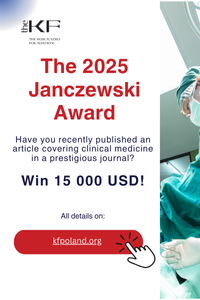Enhancing medical students’ point-of-care ultrasound confidence and competence
Benjamin Peticca, Alex Sandberg, Jacob Korus, Matthew A. Kolansky, Huaqing Zhao, Mark Magee, Ryan C. Gibbons
 Affiliation and address for correspondence
Affiliation and address for correspondenceAim: Undergraduate medical education in point-of-care ultrasound remains limited. Common barriers to implementation include limited curricular space, financial constraints, and lack of instructors. This pilot study aims to assess the efficacy of a one-day symposium on medical students’ point-of-care ultrasound skills, knowledge, and confidence. Material and methods: The Philadelphia Ultrafest was a single-day educational symposium held in April 2023 for students attending one of seven Philadelphia-area medical schools. Utilizing pre- and post-conference assessments, instructors evaluated background attitudes towards ultrasound, experience level, self-reported confidence, and knowledge of ultrasonography. Pre- and post-test results were compared using McNemar’s or Symmetry Chi Squared analysis. Results: Sixty-six students completed the pre- and post- conference surveys. Before the conference, 62% of students correctly localized abdominal free fluid compared to 89% following the conference (p = 0.02). In identifying transducer type, the correct response rate increased from 78% to 98% (p = 0.004). Before the instruction, students had an average confidence rating of 5.4 out of 10 in their ability to identify organs on exam, compared to 7.7 after Ultrafest (p <0.001). Confidence levels in performing the focused assessment with sonography for trauma examination (3.3 pre vs. 6.7 post; p <0.001) and ultrasound-guided peripheral intravenous catheterization (3.4 pre vs. 6.5 post; p <0.001) also increased after Ultrafest as well. Conclusions: The results demonstrate enhanced sonographic knowledge and confidence following this one-day point-of-care ultrasound symposium. Future studies should evaluate the long-term outcomes of similar educational formats.










